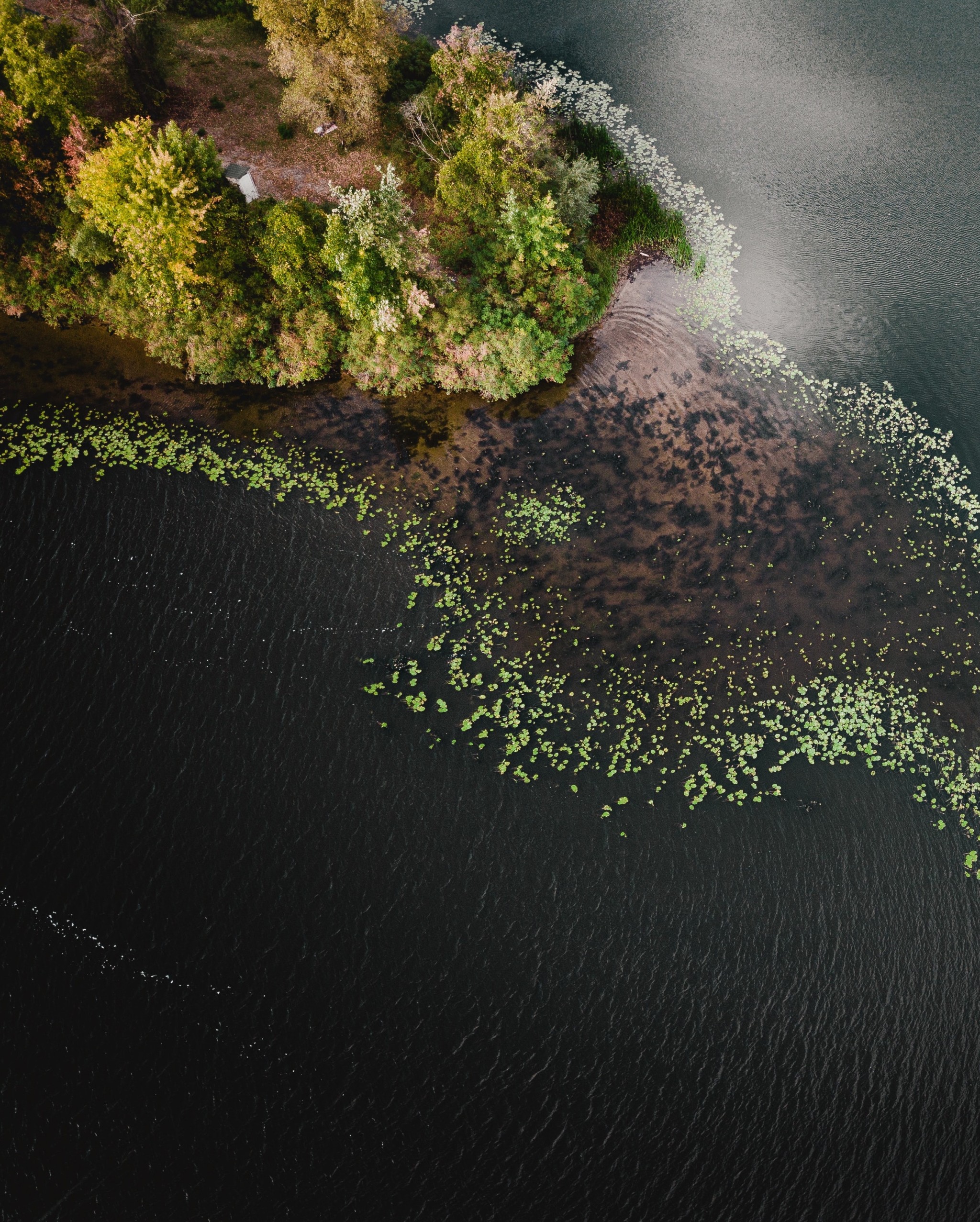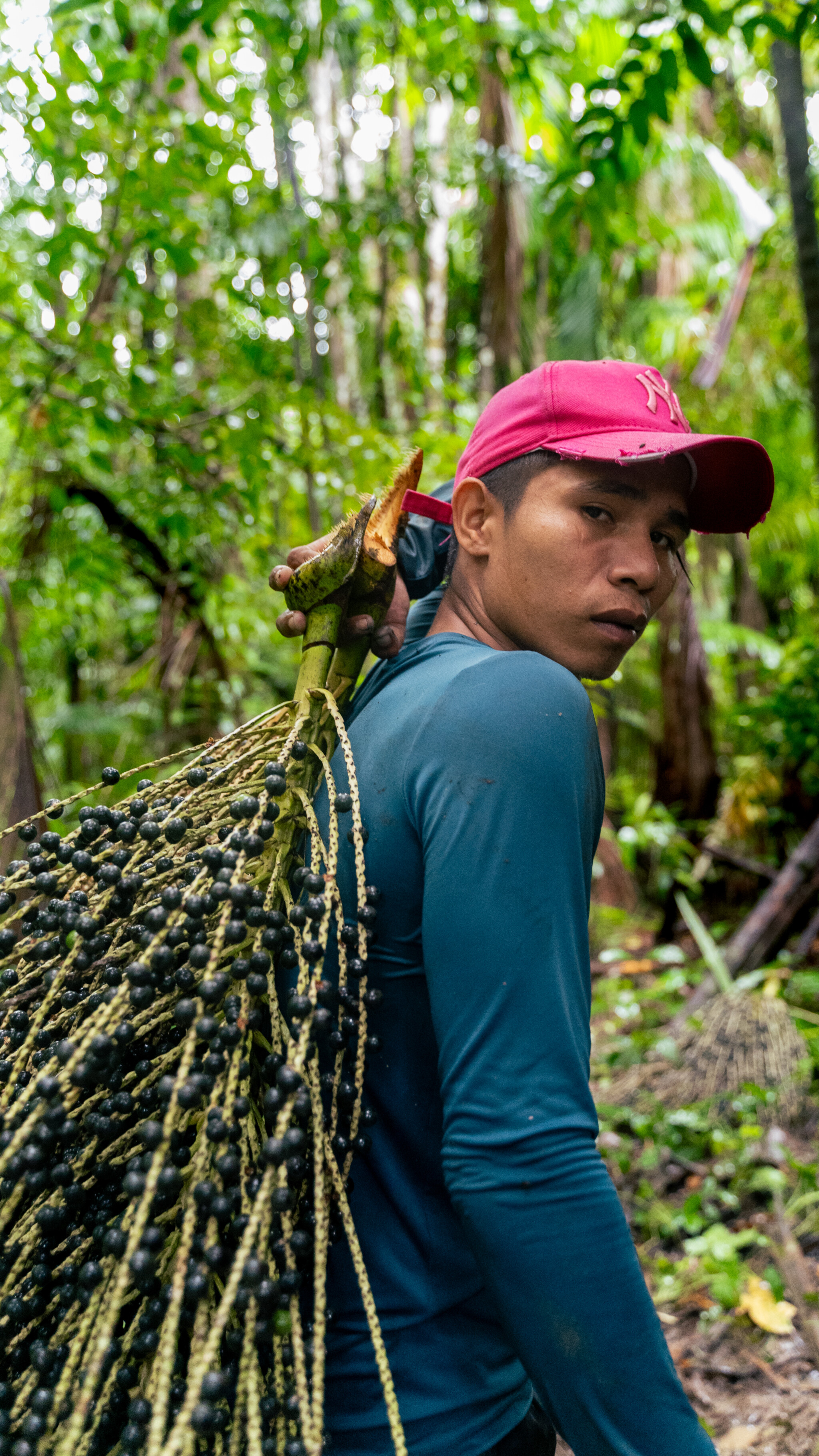
What are Nature-based Solutions?
Most of what we value and rely on in life depends on nature: a stable climate, food security, our economy, culture and happiness.
Better stewardship of the natural world can transform our societies for the better and help us tackle the climate and biodiversity crises with nature-based solutions (NbS).
Natural climate solutions can provide up to one-third of the cost-effective climate mitigation needed by 2030 to meet the goals of the Paris Climate Agreement while also safeguarding livelihoods, natural ecosystems and biodiversity.
What are Nature-based Solutions?

NbS are actions that protect, sustainably manage, and restore natural and modified ecosystems to address societal challenges. They can provide long-term positive benefits that flow from healthy ecosystems and target significant challenges by providing climate change adaptation, mitigation, disaster risk reduction, food and water security, and improved health outcomes.

NbS and Mitigation
NbS are scientifically backed ways of reducing greenhouse gas emissions and storing additional carbon in the world’s biomes. NbS are not an alternative to the decarbonisation of energy and transportation sectors. Rather, they are a powerful ally. If properly managed, they can:
- Reduce greenhouse gas emissions, such as carbon dioxide (CO2), related to land use and management.
- Capture and store additional CO2 from the atmosphere, and maintain existing sinks.
- Improve the resilience and adaptation of ecosystems, and so help communities adjust to the increases in extreme weather events due to our changing climate.
- Support and enhance the livelihoods of local communities

Climate Co-benefits
Investing in nature-based solutions goes far beyond carbon benefits. It means protecting biodiversity and restoring native habitats for plants, animals and other organisms, while increasing resilience to climate impacts and creating jobs in a new sustainable economy. But invest in nature is also a way of:
- increase food security
- get cleaner air and water
- spread cultural diversity
- empower women, youth and Indigenous Peoples and local communities (IPLCs)
- prevent losses from climate change damages
The Science Explained

Protect, manage, restore
The first scientific study to add up all the ways that protecting, managing and restoring natural ecosystems could provide additional climate mitigation found that nature-based solutions can deliver up to one-third of the annual global emissions reductions needed by 2030 to prevent catastrophic warming.
NbS projects do this by harnessing the power of natural ecosystems to draw down and store carbon in vegetation and soils through the process of photosynthesis.
This study identified 20 approaches or pathways to help governments, businesses, and land managers transform their lands to avoid new emissions and enhance sequestration across forests, wetlands, grasslands and agricultural lands. Since then a growing body of research is increasingly improving our understanding of where and how to leverage the power of nature to help tackle climate change.
In 2024, the Nature4Climate coalition launched the naturebase, a platform designed to identify where, why and how to implement high-integrity nature-based projects with the highest carbon mitigation impact whilst protecting livelihoods and biodiversity. Backed by peer-reviewed scientific data, the application shows the emissions reduction potential for each pathway – everywhere on the planet. This is complemented with information on ecosystem and human benefits, enabling policies and case studies to support effective decision-making and climate action.

Papers and Reports
Read the latest research and analysis on how natural climate solutions can help tackle climate change.